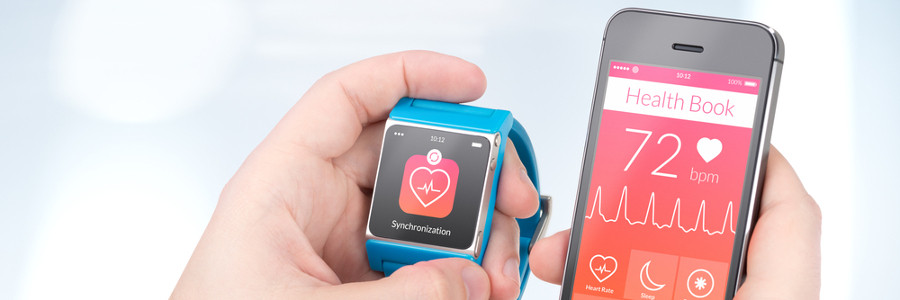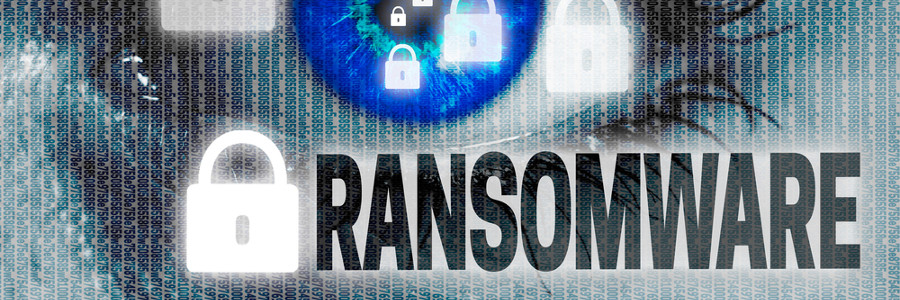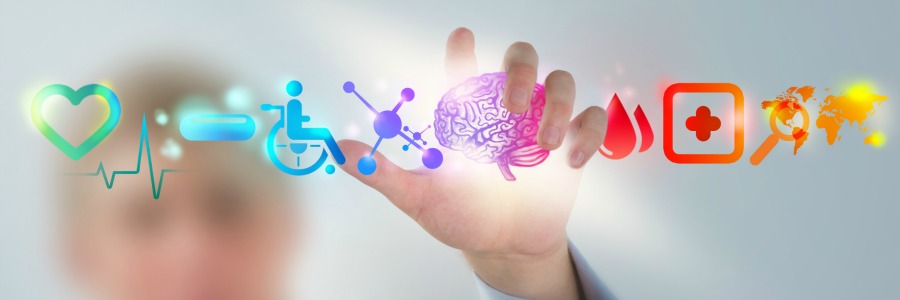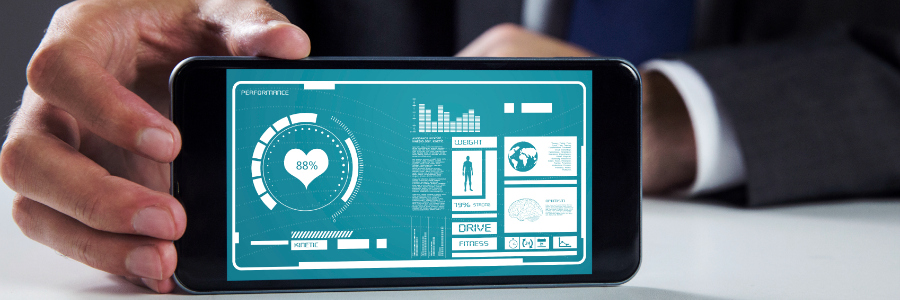Ransomware is becoming a growing problem for the healthcare industry. And with around a dozen attacks on hospitals being reported since the beginning of the year, you may be wondering just how severe the problem is. Should you be alarmed? How can you protect your practice? Here’s an inside look at how the ransomware epidemic is affecting the US and Canadian healthcare systems.
Ransomware alert for healthcare practices
Wearable tech for employees: Good or bad?

Make no mistake, healthcare costs are rising. For business owners who are generous enough to offer their employees insurance, this is undoubtedly a cause for concern. And you may wonder, is there any way to protect your employees and not go bankrupt in the process? Wearable technologies may be the answer.
Healthcare’s technological makeover

We may expect to find computers everywhere these days, from our offices, schools and airports to our pockets and wrists, but until now there's not been much call for computers in our hospital operating rooms. But new technology is making waves in healthcare circles and could even save lives by helping surgeons and physicians make life and death decisions.
Should you recommend apps or wearable tech

As wearable technology and health-based mobile applications become more prevalent among patients, there is a growing demand for healthcare professionals to be able to recommend these to patients. Many people simply see this as an extension of medical advice, after all you are already recommending medications, treatments, and care options.
Healthcare trends to watch for in 2016
Patients want electronic communication

More and more people are clamouring for the ability to communicate with their doctor through email and social media. In fact, a recent study from the Journal of General Internal Medicine reports that 37 percent of patients have emailed their doctor while 18 percent used Facebook to get in touch with their physician.
Don’t download that health app just yet
4 facts about HIPAA and your IT

While HIPPA’s implementation in relation to technology has been problematic to say the least, things have become much clearer over the course of the past year. However, there are still a few areas in which your office might not be compliant. This isn’t necessarily through negligence on your part, but rather simply a lack of understanding as to the requirements.
Telemedicine 101

Traditionally, healthcare delivery has been based on a face-to-face meeting between patients and physicians in a hospital or clinic. But the latest advancements in medical technology has altered how and where healthcare is delivered. Nowadays, patients expect to interact with physicians and receive medical recommendations and treatments via the phone and online channels - this approach is known as ‘telemedicine’. If you’re looking to improve the level of patient service and satisfaction in your healthcare business, then read on.
4 benefits of online scheduling

As healthcare practices across the nation continue to find out, patients place ever-diminishing levels of importance on care alone. While it is and will forever be a factor that influences a person’s decision, convenience has become another key area patients look at when choosing a healthcare facility.



